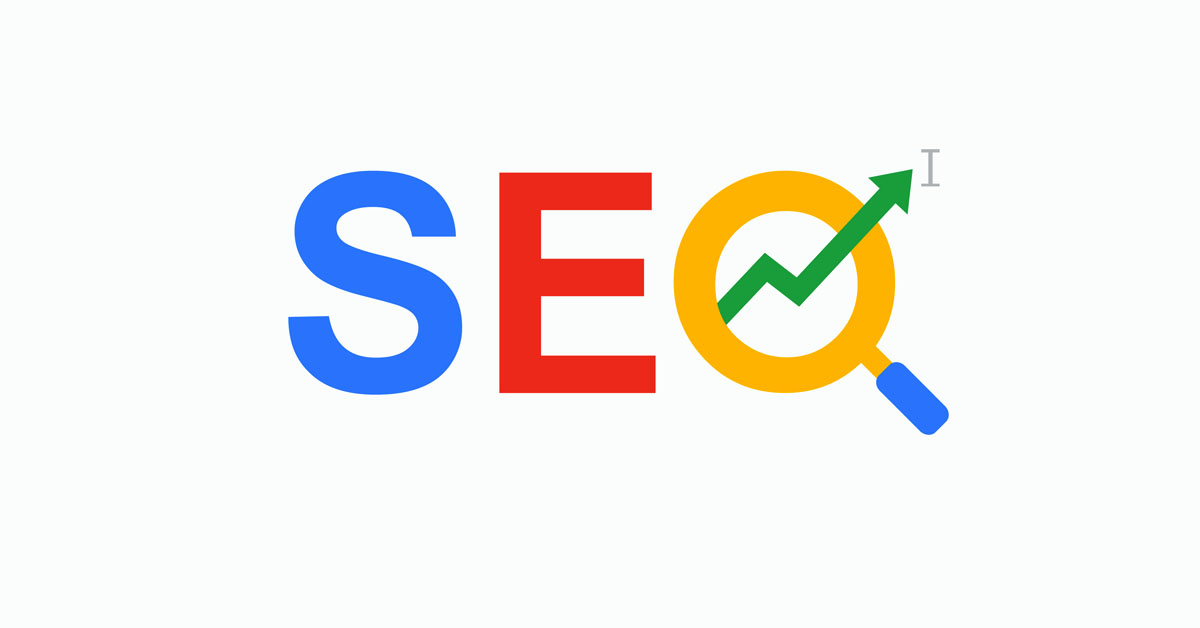Mastering SEO: An In-Depth Guide to Optimizing Your Website
Mastering SEO: A Comprehensive Guide to Optimizing Your Website and Boosting Your Traffic
Search engine optimization (SEO) is the process of optimizing a website to rank higher in search engine results pages (SERPs). Effective SEO can help drive traffic to a website and increase visibility, which can lead to higher conversions and revenue. In this guide, we’ll cover the key steps to achieving perfect SEO for your website.

Step 1: Conduct Keyword Research
The first step in any successful SEO campaign is to conduct keyword research. This involves identifying the keywords and phrases that your target audience is using to search for products or services like yours. Keyword research helps you understand what your audience is searching for and which keywords have the highest search volume and lowest competition.
Tools like Google Keyword Planner, Ahrefs, SEMrush, and Moz Keyword Explorer can help you identify the right keywords for your website. Once you have a list of keywords, you can use them to optimize your website content, metadata, and other on-page elements.
Step 2: Optimize Website Content
Website content is a critical component of SEO. The content on your website should be relevant, engaging, and optimized for your target keywords. This includes product descriptions, blog posts, landing pages, and any other content that appears on your site.
To optimize your content for SEO, make sure your target keywords are included in the page title, heading tags, and throughout the body of the text. Use descriptive, keyword-rich URLs and include alt text for images. Aim to create content that is useful and informative, and provides value to your target audience.
Step 3: Focus on On-Page Optimization
On-page optimization refers to the technical elements of a website that affect its search engine ranking. This includes things like page speed, metadata, mobile-friendliness, and URL structure. A website that is optimized for on-page elements is more likely to rank higher in search engine results pages.
To optimize your website for on-page elements, start by ensuring that your site is mobile-friendly and loads quickly. Use descriptive, keyword-rich metadata for all pages, including the page title, meta description, and header tags. Ensure that your website URL structure is clear and descriptive, and that all URLs are canonicalized to avoid duplicate content issues.
Step 4: Build High-Quality Backlinks
Backlinks are an important factor in SEO. Backlinks are links from other websites that point to your website. They are an indicator of the authority and relevance of your website, and can help boost your search engine ranking. The more high-quality backlinks you have pointing to your site, the better your chances of ranking higher in search engine results pages.
To build high-quality backlinks, start by creating great content that others will want to link to. Reach out to other website owners in your niche and ask for a link back to your site. You can also use tools like Ahrefs or Moz to identify broken links on other websites and offer your content as a replacement. Finally, consider creating guest posts or participating in link exchanges to build high-quality backlinks.
Step 5: Monitor and Analyze Your SEO Performance
Once you have optimized your website for SEO, it’s important to monitor and analyze your performance. This helps you identify areas where you may need to improve and adjust your strategy. Google Analytics is a great tool for monitoring your website traffic, bounce rate, and other important metrics.
To analyze your SEO performance, start by tracking your website ranking for your target keywords. Use a tool like Ahrefs, SEMrush, or Moz to monitor your search engine ranking over time. You can also track your website traffic and conversions to see how your SEO efforts are impacting your business.
Conclusion
Search engine optimization is a complex and ongoing process that requires ongoing effort and attention. By conducting keyword research, optimizing your website content and on-page elements, building high-quality backlinks, and monitoring and analyzing your performance, you can achieve perfect SEO for your website. However, it’s important to remember that SEO is a long-term strategy that requires patience, consistency, and adaptability to be successful. By following the steps outlined in this guide, you can improve your website’s search engine ranking, drive traffic to your site, and increase conversions and revenue.
Latest News
Discover the latest trends and best practices in web design, development, SEO, social media marketing, Google & Bing Advertising and more on our weekly updated blog. Get practical tips, industry insights, and expert advice to help you build and grow your online presence. Visit us now and subscribe to our newsletter for exclusive updates and offers. Stay ahead of the game with our blog!





